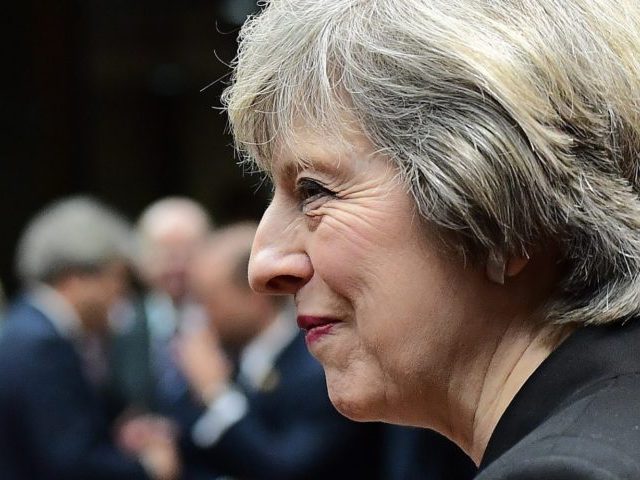LONDON (AP) — Britain’s prime minister has pledged to help U.K. industry grow and compete as the country prepares to leave the European Union.
Prime Minister Theresa May plans to unveil her “modern industrial strategy” during a Cabinet meeting Monday in northwestern England, one of the areas she hopes will benefit from the plans. According to a statement released before the meeting, May says the government must provide an environment that will create well-paying jobs throughout Britain if the country is to thrive after Brexit.
“It will be underpinned by a new approach to government, not just stepping back but stepping up to a new, active role that backs business and ensures more people in all corners of the country share in the benefits of its success,” she said.
The initiative is the latest attempt by policymakers to address the economic divide separating London from the rest of Britain, as the capital and its surrounding region attract the lion’s share of British investment, university graduates and entrepreneurs. The economy of southeastern Britain has expanded almost twice as fast as the rest of the country since the 2008 financial crisis.
The challenge has been to create magnets elsewhere to draw the talent and expertise that currently gravitates toward London. The British government in the past has focused on building rail links, universities and cultural attractions in hopes of creating a new economic hub that would attract jobs and investment much like California’s Silicon Valley.
May is taking a different approach, announcing that the government will provide funding to bolster industries where Britain has proven strength, including so-called smart energy systems, robotics and artificial intelligence, and fifth-generation mobile phone technology. The money will come from 4.7 billion pounds ($5.85 billion) of additional spending on research and development that May had announced in November.
The government is also prepared to change regulations to remove barriers to innovation and use trade and investment deals to increase exports, according to the statement.
Louise Marston, director of innovation policy and futures at the independent foundation Nesta, said the funding commitment is a good signal that the British government takes innovation seriously and will help boost confidence, but she is looking for action. Nesta was founded 20 years ago to promote innovation and help people turn their ideas into real products and services.
“The document on its own isn’t enough,” she said. “It’s important that this is backed up by real investment.”

COMMENTS
Please let us know if you're having issues with commenting.